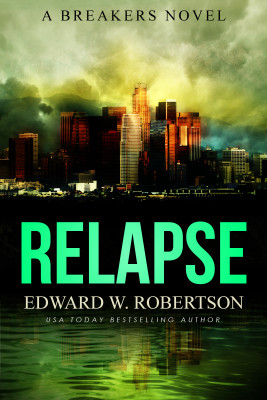I recently dug up a fantasy novel I wrote four years back with the idea of putting it up on Kindle. Even if it sells little, I could use any extra money it brings in each month; besides that, I may be doing some work on an ebook for someone else soon, and figured I could brush up on my formatting.
In the process of doctoring up its HTML tags, I read the first chapter and ran into an interesting phenomenon: it wasn’t as good as I remembered.
When I was sending it around to agents, I was confident. It was funny and action-packed and carried an in-depth mythology. Every chapter had seen at least a second draft, most a third, and some a fifth or sixth. By the time I had it all fixed up later that year, it was my first work I felt really proud of.
And on revisiting it a few days ago, parts of that first chapter were fine. But a bunch of the sentences, to put it charitably towards myself, are not how I’d write them now. And frankly, it took too long to tell what it had to tell: I could cut 10% without trying, 20% if I got out the axe and grew my evil mustache. Possibly, agents were right to turn this down.
To me, this phenomenon’s interesting not because it’s new, but because it’s old. Something like this happens to me every time I dig up something I wrote a few years previously–when I finish reading, I sit back, look around to make sure no one saw me, and think “Damn, I’m glad I don’t write like that anymore.”
The more experience I get and the more bad words I get out of me, the further between I expect these revelations to be; pretty recently, I reread “Steve Kendrick’s Disease,” a story I wrote nearly three years ago, and my only real complaint was how I used to handle dialogue tags (should have integrated them into the characters’ actions more!). But I doubt this phenomenon will ever disappear completely. I hope it doesn’t: that would mean that, somewhere along the way, I stopped learning.









Leave a Reply